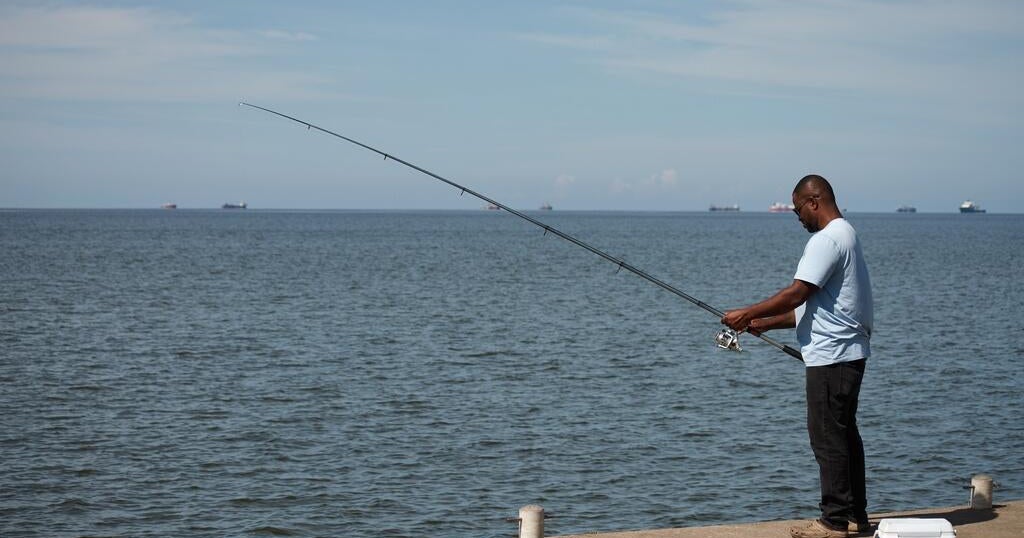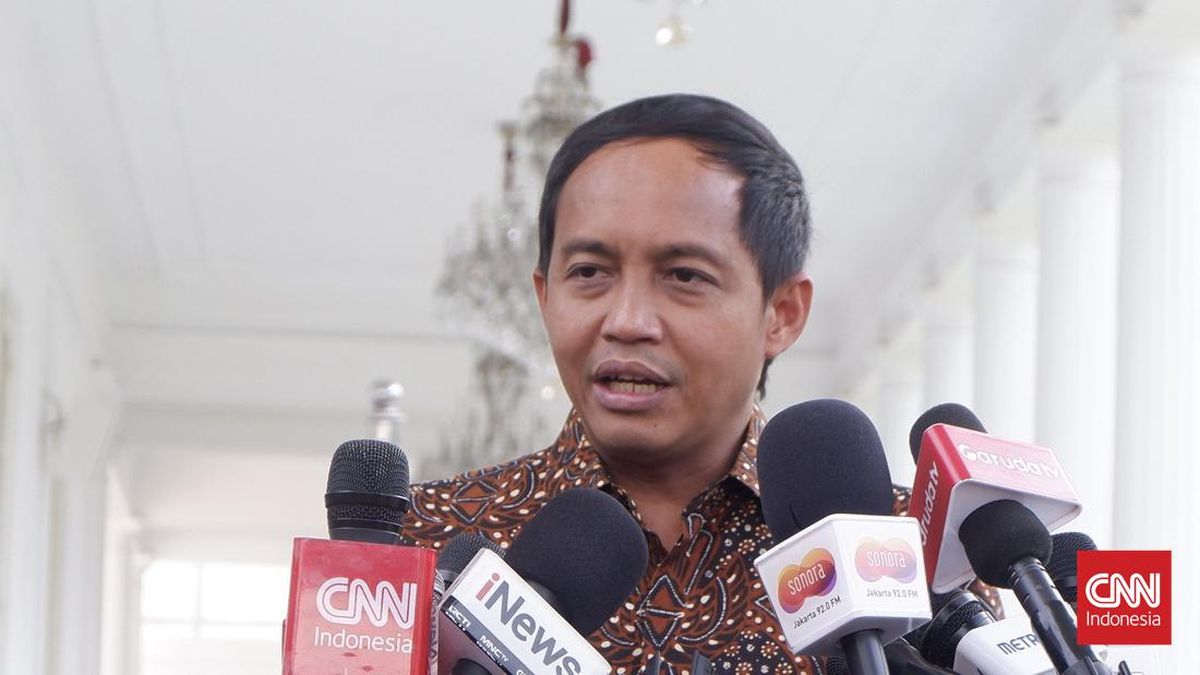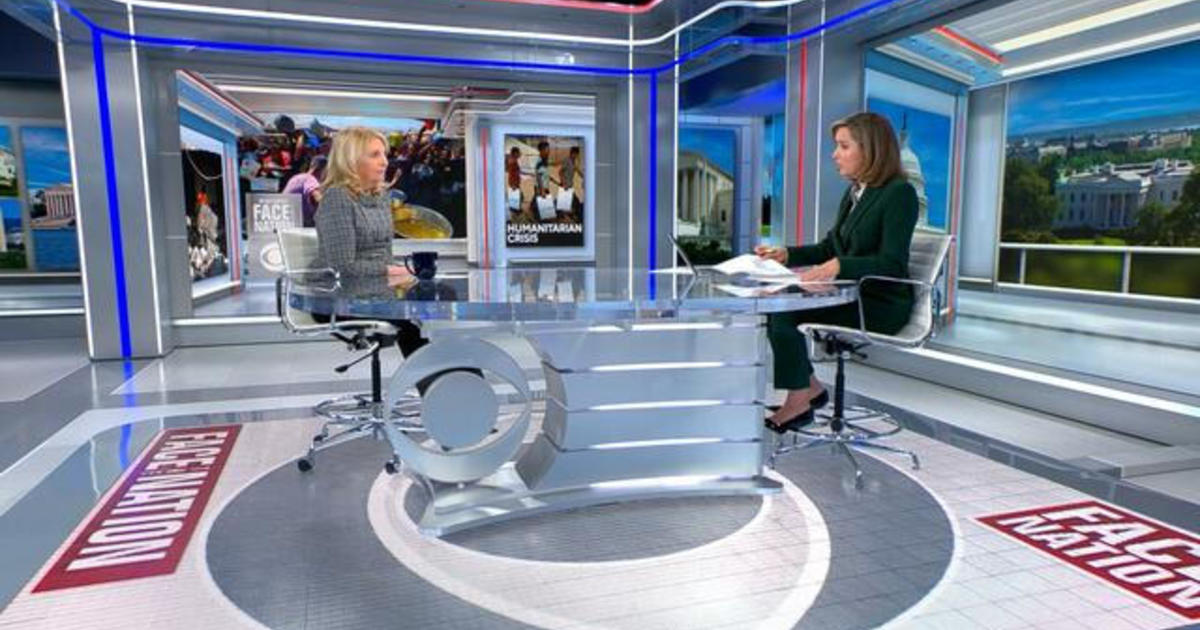Those hoping the Federal Court’s findings in the Antoinette Lattouf case will go some way to answering a question surrounding the rights of workers to express their political opinion ‒ and the rights of employers to prevent them ‒ will probably be disappointed.

Antoinette Lattouf at the Supreme Court of NSW, flanked by her lawyer Josh Bornstein. Credit: Oscar Colman
Lattouf’s case was mounted on the basis that her employment contract was unlawfully terminated, in breach of section 772 of the Fair Work Act, due to her expression of her political opinion, or, alternatively, her race and political opinion. A secondary but related issue was that the ABC breached the staff enterprise agreement.
The ABC relied on the defence that it had terminated Lattouf’s employment for reasons that did not include her political opinion, race or national extraction but because of her failure to follow a direction from her producer not to post anything about the Israel-Gaza war and because she had contravened the ABC’s “Personal use of social media - Guidelines”.
The court found in Lattouf’s favour, noting that Lattouf had not been given a direction, but simply general guidance. It also found that the ABC was ultimately unable to identify any breaches of the social media guidelines or editorial guidelines or policies.
The decision is helpful in highlighting that employers are in general able to issue directions to employees about publicly expressing their views. The judgment refers to the established right of employers to issue “lawful and reasonable” directions. It also suggests that these directions must be made clearly and, ideally, rely on established and accessible policies.
Loading
Doing so enables employers to point to a specific employee breach if they wish to take disciplinary action. If they can’t, then they leave themselves open, as did the ABC, to accusations of discrimination under provisions such as section 772.
The decision is helpful, but not groundbreaking, leaving one big question unanswered: the one we are still asking after a series of messy disputes ‒ think Folau, Khawaja, Gillham to name some recent examples. That is, how far can employers go in attempting to control employees’ “freedom of speech”?
In the Lattouf case, the Federal Court was not required to make any finding on this. It was required only to consider whether a direction was issued or a policy in place, not when the making of such directions or policies itself impinges on an individual’s freedom of political expression. In thinking about this question, we must consider the delicate balance between employers’ rights to protect their reputation and their obligation to maintain a safe workplace and employees’ rights to self-expression. Where is the line that can’t be crossed? And what are the institutional protections that might come into play in deciding where to draw that line?
Currently, the term “political opinion” is not defined in the Fair Work Act; nor has the definition of political opinion been tested much before courts or tribunals. Previous cases that may have tested this issue have generally been settled out of court (for example, Folau’s case). This lack of a definition presents problems in many jurisdictions and in international law. The legal meaning of political opinion under human rights laws can be interpreted widely and courts have often struggled with it, especially when it intersects with broader ideological beliefs.

Former ABC chair Ita Buttrose after giving evidence in the Federal Court in the Lattouf case.Credit: James Brickwood
The Lattouf judgment does give some guidance, with Justice Rangiah saying that political opinion “encompasses Ms Lattouf’s opinions about the policies or actions of the government of Israel and its armed forces, and may extend to the way media organisations report … in the context of the Israel/Gaza war”. He also concluded further that her opinion that the media should report on the Israel/Gaza war accurately and impartially was a political opinion under section 772 of the Fair Work Act.
However, cases that have considered the same or similar expressions in other legal settings suggest that its definition can depend on the facts of the particular case. This does nothing to help us resolve the uncertainties over what political opinion may mean in other contexts and other circumstances. Does it extend to attending political rallies? Sharing social media posts?
In the absence in Australia of a constitutional right to freedom of speech, some other well-defined protection of employees’ rights is needed. This could be via amendments to the Fair Work Act or federal human rights legislation. This kind of legislative framework would help set limits around how far the right to express a “political opinion” can go.
The Lattouf case is a particularly relevant one for journalists given a general obligation to engage in fair and impartial reporting, because seemingly at stake was the question of how far a media organisation employer can go in controlling employee journalists. However, this question was also left unanswered by this case because, as mentioned at the outset, there was no direction or policy on the part of the ABC to rely on. This debate is topical and ongoing, particularly in the US.
Ultimately, there are three key employment law points to take away from this case. First, that employers will have more of a case (and employees less) in an action related to unlawful termination where there is either a direction issued or policy in place. Second, that context is crucial – what is political in one setting might not be so in another. And finally, that this is a human rights question, one that demands legislative intervention, not simply case-by-case decisions for the courts.
Dr Giuseppe Carabetta is a professor of workplace law
Most Viewed in National
Loading


















































